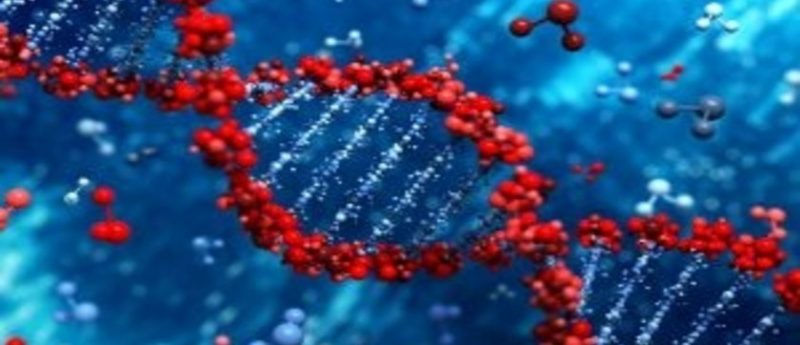Huntington’s ‘super assassin’ gene offers hope for treating cancer

Researchers from Northwestern University (IL, USA) have uncovered the anti-cancer properties of huntingtin, the gene that becomes mutated in Huntington’s disease (HD). The findings were recently published in EMBO Press.
Characteristically, patients with trinucleotide repeat disorders such as HD exhibit severe neurological pathologies but are also known to have reduced cancer susceptibility.
It has been observed that siRNAs based on trinucleotide repeats display specific toxicity against cancer cells, explaining the reduced cancer incidence in triple repeat diseases, in this study the researchers demonstrated that CAG and CUG trinucleotide repeat (TNR) derived siRNAs are super toxic to cancer cells.
The team delivered the molecule in nanoparticles to mice with human ovarian cancer, observing significant reductions in tumor growth with no adverse effects on the mice, the super toxic siRNAs killed cancer cells by targeting survival genes with sequence complementarity via RNAi. Crucially, the tumors also did not develop resistance to the treatment and normal tissue was not affected.
The molecule has also been utilized in the treatment of cell lines of human and mouse breast, liver, brain and skin cancer; demonstrating efficacy in tumor destruction in both species.
“This molecule is a super assassin against all tumor cells,” explained senior author Marcus Peter from Northwestern University Feinberg School of Medicine. “We’ve never seen anything this powerful.”
The researchers believe that a short-term cancer treatment may be developed as a result of the findings, utilizing the HD molecule to kill cancer cells, without causing the neurological incapacities that patients with the disease suffer from.
Sources:
Murmann AE, Gao QQ, Putzbach WE et al. Small interfering RNAs based on huntingtin trinucleotide repeats are highly toxic to cancer cells EMBO Press doi:10.15252/embr.201745336 (2018) (Epub ahead of print); www.eurekalert.org/pub_releases/2018-02/nu-hdp020818.php




